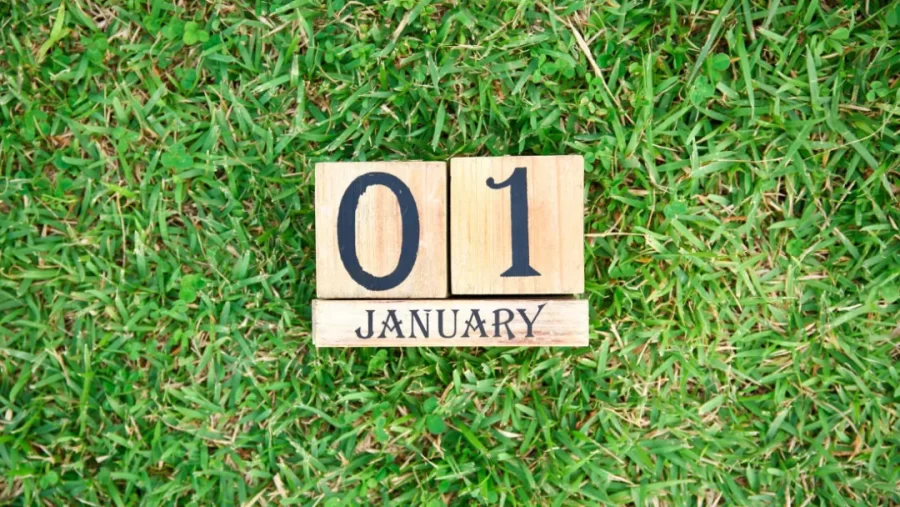“New Year, New Me”
“New year, new me.” A phrase that is considered laughable by many due to its likelihood of not occurring. Nearly 80% of all New Year’s resolutions are failed, and on average Americans make their resolutions on New Years Eve.
When did New Year’s Resolutions start though? According to history.com, New Year’s Resolutions started around 4,000 years ago with the ancient Babylonians. Granted, their new year was likely around March and not January. They vowed to the gods that they would settle their obligations and return anything they had borrowed. These commitments might be viewed as the ancestors of our New Year’s resolutions. The gods of the Babylonians would favor them for the upcoming year if they maintained their pledge. If not, the gods would stop favoring them. Then in 1582, Pope Gregory XIII brought about the Gregorian calendar which started the New Year on January 1st.
Looking at the early 20th century, we can see some great insights into what New Year’s Resolutions were like back then. For example, in 1904 The Penny Illustrated Newspaper stated it is better to have a resolution and keep it for a little bit, than not at all. In the same article they said that a majority of people cannot stick to their New Year’s Resolutions. This is very similar to our world today. What are New Year’s Resolutions like in today’s world, though?
When comparing Gen Z to Millennials, there is quite a difference in the common New Year’s Resolutions amongst them. To start, a clear majority in both generations prioritize eating healthier. Gen Z’s second spot is earning more money, followed up by saving more money. In comparison, Millennials’ second place for New Years Resolutions is to improve mental health, followed up by being happier. While the difference isn’t exactly marginal, it is apparent that Gen Z was more focused on their financial independence this year, whereas millennials were more focused on their mental health.
With such a high failure rate of maintaining New Year’s Resolutions how can you keep your promises to yourself? To start, if you genuinely want change within a new year, it is best to not make a resolution the night before. Instead it would be better to carefully plan things out.
First, don’t set a bunch of resolutions. Overwhelming yourself with goals is not a good idea as this can lead to failure. It’s better to focus on one or two resolutions at a time.
Second, actually plan out what you are going to do to get the goal completed. If it’s eating less junk food, make it a priority to throw out the current junk food you have in your house, and make sure to not buy more. If the goal is to exercise more, buy a gym membership and do some research on how to exercise properly. If you plan out how you are going to complete a goal, then you are more likely to actually complete it.
Third, set realistic goals. While shooting for the stars and aiming for the moon is great, enjoying the journey more than the destination is better. If you are going to set a big goal, make sure to have smaller milestones to reach. Reaching these smaller goals that lead up to your ultimate goal will allow you to build momentum and stay motivated.
If all of the above still doesn’t work for you, always remember it’s not the end of the world and New Year’s Eve is not the only time of the year to set goals. Setting goals can be done at any time of the year so don’t feel like the change has to start on January 1st.





